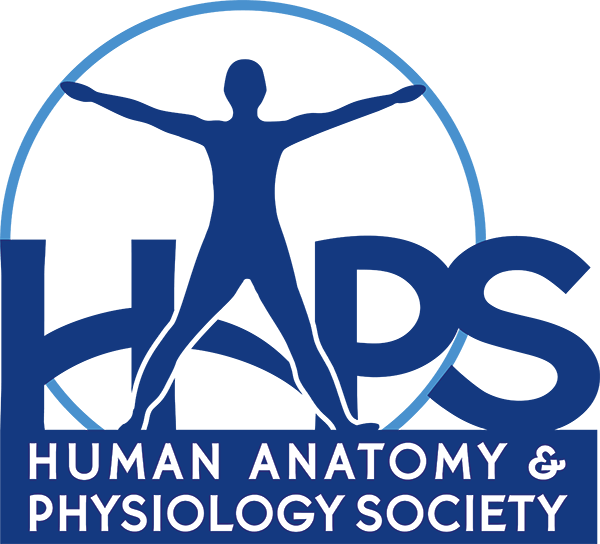As we approach the end of the third quarter of the semester, I tend to get bogged down thinking about all the students who don’t get it. Conversations with colleagues circle around stories of amazement over student mistakes, including missed opportunities for redemption. It seems the efforts we make (often much more than some of our students seem to be willing to make) just suck the life out of us at this time of the semester, and it’s hard to remember that we still have a significant number of students who are doing fine. It seems the good students tend to be quiet enough to stay below my radar. This is probably a good thing,in terms of allocation of time, because many of my office hours are dedicated to devising new strategies to help the struggling students.
Which brings me to the question, How do you know when they get it? And, how soon can you know that they aren’t getting it? And, more importantly, how do THEY know when they are getting it, and when they aren’t? And, now that we’re asking, how do they know what to do about it?
We all know there are plenty of resources to help students learn. Between the textbook resources, individual faculty resources, free and paid apps, and commercial study resources, students have options for any study style. Every one of us creates a schedule of reasonable expectations and provides appropriate resources. Somewhere between setting up the course, and executing it, there is a gap between what we expect and what some of our students actually do. I can see the gap, and I know they can, too. I’m just not sure, in the balance between trying to help them succeed and making sure they are independent learners, when and how to intervene.
So, for some time, I’ve been mulling over creating modularized, individual mini-lessons on very specific outcomes. These would not only tie in to the HAPS outcomes, but also be useful in a competency-based structure. Students could use the lessons to learn, to assess their own mastery, and even to review when they enter their professional programs. I think this would give both students and faculty the answer to my questions – including the one on what to do about their lack of achievement.
Aside from the time involved in creating an entire two-course set of mini-lessons, I’m stymied by a lack of expertise in creating a platform that is readily available and appealing to users. I’m pretty sure I can write the lessons (particularly in concert with other HAPSters), but I’m looking for a platform that students will use. What I would need is someone who can convert the lessons into games or similar apps that would let students work on small parts, and eventually build them into a fluency in A&P. The closest app I’ve seen is called Duolingo; it’s an app for learning foreign languages. (If you always planned to do that, I highly recommend it, and it’s free! You can find it on the web at https://www.duolingo.com/) Call me a starry-eyed optimist, but I think something like that would work for some of our students, particularly the ones who suffer from over-commitment and need to have lessons they can stop and come back to. What if we could offer something like that as an app, and students could use it before they sign up for a course, and continue using it while taking a course, and later when studying for board exams? How would a tool like this fit into the traditional model of higher education? What do you think? I’d love to hear what ideas you have to help me make it past the late-semester doldrums…
– Betsy Ott
President-Elect
